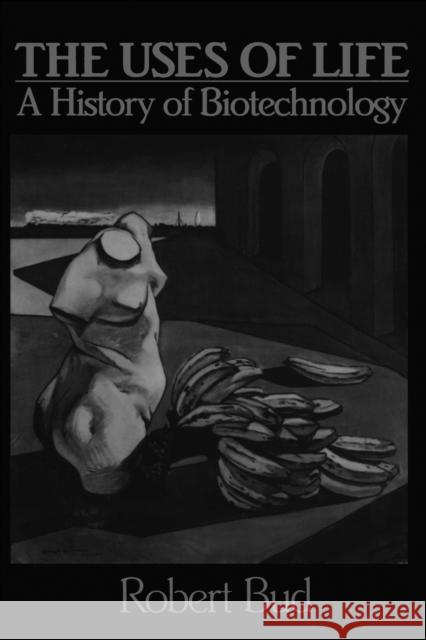The Uses of Life: A History of Biotechnology » książka
The Uses of Life: A History of Biotechnology
ISBN-13: 9780521476997 / Angielski / Miękka / 1994 / 322 str.
Good or bad? New or old? The rich connotations of the word 'biotechnology' reflect a history that stretches back more than seventy years. To some, the concept describes the evolving crafts of industrial production using micro-organisms. To others, biotechnology is a product of the recombinant techniques only recently developed by molecular biologists. It has been seen simply as a means of wealth production and as a new kind of technology--sometimes as distinctively benevolent and at all other times as particularly dangerous. Robert Bud shows how the hopes and fears for the combination of biology with engineering have been an integral part of the history of the twentieth century, including the Great Depression of the 1930s, the two world wars, and the more recent anxieties over genetic and entrepreneurial industry. Skillfully, the author relates biotechnology's origins in the chemistry and microbiology of the nineteenth century. Personalities with influential roles in its subsequent development such as Chaim Weizmann, Kark Ereky, Patrick Geddes, Lewis Mumford, Joshua Lederberg, and Jeremy Rifkin, among many others, are discussed. Analysis of the changing roles and hopes for biotechnology in government and society takes the book to the end of the 1980s, when recombinant DNA techniques had become the dominant driving force behind what today we think of as biotechnology. This first history of biotechnology provides a readable and challenging account for anyone interested in the development of this key component of modern industry.











